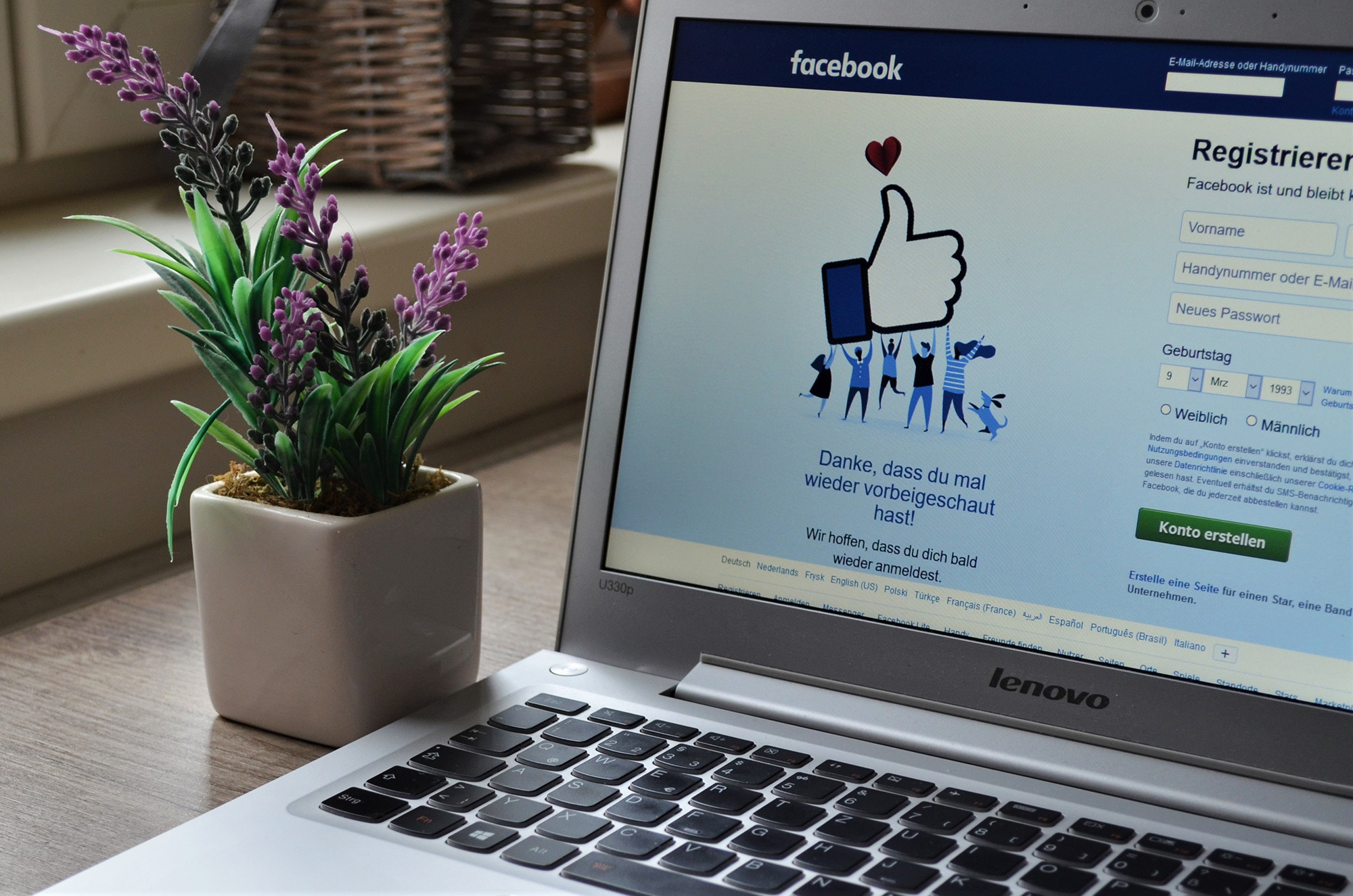By Emma Seppala on Tue, Oct 13, 2020
Does texting or using Facebook and Twitter to connect with others make you feel better or worse? It probably depends. Fortunately, scientists are diving into this question and providing us with some answers. Their findings provide 6 great tips on how to avoid the Facebook Funk!
1) Replace Hiding with Authenticity.
True connection thrives on openness and yes, that scary thing: vulnerability. Intimacy involves risk which is scary. Many feel that it is safer to hide behind a text. The limited content of a text and the hours of radio silence that sometimes ensue do not increase intimacy. Instead, they can foster uncertainty, insecurity and, ultimately, very little real connection. So don’t use texting as a front, a way to be safe, or to avoid real communication. Many people don’t really appreciate being courted through text anymore, it’s just too easy. For more on that, see this article by Paul Hudson on why texting can make you less manly. Moreover, in online profiles, the portraits we build of ourselves are ideal. It’s easy to hide behind a facade whereas intimacy is fundamentally real: it’s about the good, the bad and the not-so-pretty. Bottom line: Don’t hide.
2) Ignore Tech Rather than Blowing the Moment.
Intimacy happens in the present moment. It is a state that usually comes after a lot of trust, time, and moments spent together in conversation, contemplation, and affection. If technology is interfering through cell phone use, or an open computer screen with email alerts, texts coming in and Skype calls pinging, you could be blowing moments repeatedly. A set of studies actually showed that the mere presence of a cellphone alone interfered with the quality of connection, feelings of closeness and conversation. This was particularly true during meaningful conversations which are at the very center of intimacy. When partners are each on their phones during dinner checking out their social media, aren’t they missing out on some of the most precious time they have together? Don’t blow the moment on a retweet notification.
3) Wait to Speak in Person Rather than Messaging Your Anger.
When it comes to the hard stuff, don’t text about it, talk. A recent research study showed that texting to express frustration to a partner was linked to lower satisfaction. In other words, when it comes to challenges in a relationship, don’t text, talk.
4) Get Involved Rather than Taking a Back Seat.
A Facebook study shows that how we interact on Facebook impacts whether it makes us feel good or bad. When we use social media just to passively view others’ posts, our happiness decreases. Presumably, we compare ourselves to others, feel lonely because we see but don’t interact with others, or simply get lost in others’ (idealized Facebook) lives and forget to enjoy our own.
5) Stay In the Now Rather than Forgetting The Present.
A large study showed that we are happiest when we are present, even when we’re doing something we don’t enjoy. If these are times when you always turn to your phone for distraction, consider changing that habit: notice the people around you, be with the situation fully (for more on that and a good laugh, see comedian Louis CK’s awesome Conan O’Brian video on this topic).
6) Prioritize Eye Contact over Screen Contact.
Has your first look after waking up from sleep ever been into a screen rather than your partner’s or child’s eyes? Don’t let technology disconnect you. Decades of research show that social connection is crucial for your health and happiness and that lack thereof is worse for you than smoking, high blood pressure, and obesity. Research by Barbara Fredrickson has shown that intimacy happens in micro-moments. Opportunities for connection are everywhere. It doesn’t matter how old we are, life is fleeting and every moment spent with a loved one, every moment spent even connecting with a stranger over a shared laugh at a coffee shop are priceless opportunities. If we are not present because half of our attention is on social media, we are quite simply missing out on those who are with us.
7) Tune Into Yourself Before You Tune into Your Tech.
Through a constant attention turned into our devices, we hunch over, stop breathing fully, strain our eyes, and forget 99.99% of what our environment has to offer (sunlight, a laughing baby, our own body’s need to stretch). We can forget our own needs as we devote our entire attention outside of ourselves and inside of a virtual world. A new study shows that the more we spend time online, the more time we lose taking care of ourselves.
8) Value Connection, not Narcissism.
As much as we think social media may be about connecting, it ironically can turn us into addictively self-absorbed narcissists. Let’s face it, who doesn’t like attention, compliments or thumbs’ up? Well, social media is a great way to get those (think Likes, Retweets & Favorites). Use of social media can give you that “ooh I got a “like” buzz, but, ironically, that buzz may also make you more unhappy in the long run. Why? Such pleasure is often short-lived. Self-absorption is an addictive escape into an imaginary connected space that is fundamentally alone, it is the opposite of connection and intimacy. Research shows self-focus leads to anxiety and depression. If you’re using social media to connect, great, if it’s making you more self-focused, get your head out of your phone.
What are your favorite tips for dealing with tech in a healthy, happy way?




comments